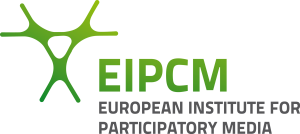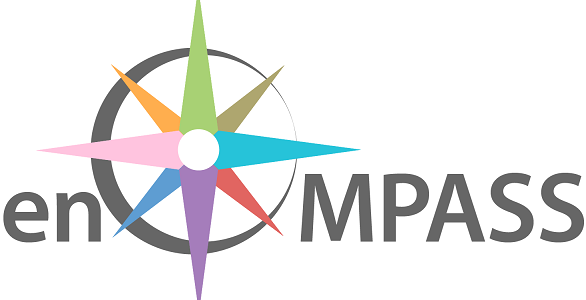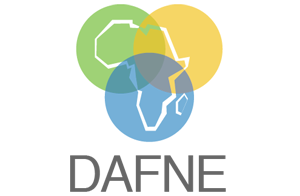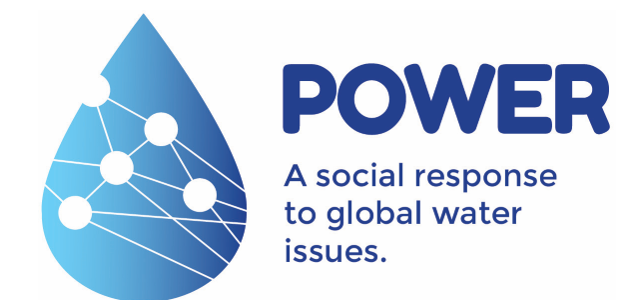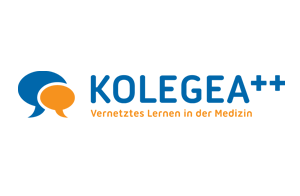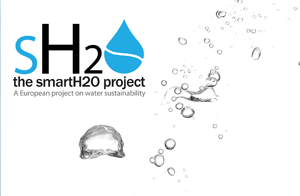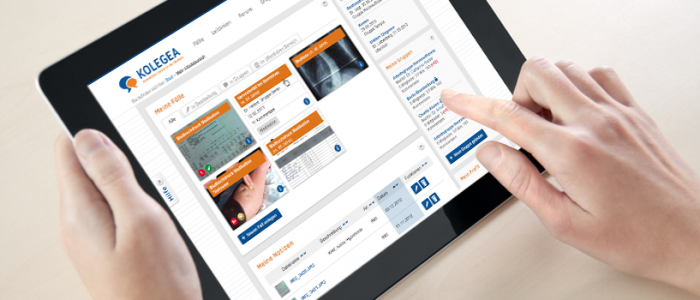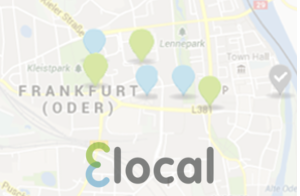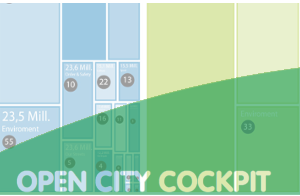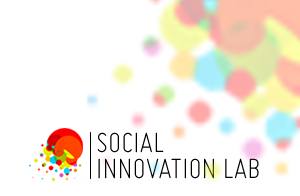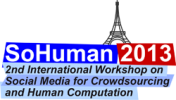Current debates about increasing polarization of the online public sphere stress the role of AI-mediated information access in creating and/or amplifying “filter bubbles” and “echo chambers”. Such polarizing developments have been linked to both the biased way in which AI algorithms provide recommendations, as well as to well-known cognitive limitations and biases that hinder people from being able or willing… read more →
The enCOMPASS project will implement and validate an integrated socio-technical approach to behavioural change for energy saving, by developing innovative user-friendly digital tools for making energy data consumption available and understandable for the different users and stakeholders (residents, employees, pupils, building managers, utilities, ICT providers) empowering them to collaborate to achieve energy savings and manage their energy needs in energy efficient, cost-effective and comfort-preserving ways. It will demonstrate how this can be achieved by a… read more →
The DAFNE project advocates an integrated and adaptive water resources planning and management approach that explicitly addresses the water-energy-food (WEF) nexus from a novel participatory and multidisciplinary perspective. This includes social, economic, and ecologic dimensions, involves both public and private actors and is socially inclusive, enhances resource efficiency and prevents the loss of ecosystem services in regions where large infrastructures… read more →
POWER is a user-driven project to share knowledge and experience of water related issues in different local authorities, thus creating an important tool for EU water policy. It addresses some of the priorities of the European Innovation Partnership on Water such as the reduction of water consumption and the improvement of water quality. It will develop a common Digital Social Platform… read more →
The KOLEGEA++ project is the follow-up project of KOLEGEA. It extends the Web2.0-based system KOLEGEA, which aims to facilitate knowledge exchange in networks of general practitioners in training, with state-of-the-art incentive models using gamification and reputation elements, and recommender functionalities to further stimulate activity on the platform. Both programs are directed at physicians in specialty training for general practitioners. EIPCM has… read more →
The SmartH2O project aims at providing water utilities, municipalities and citizens with an ICT enabled platform to design, develop and implement better water demand management policies, which are based on a shared understanding and motivation by the water users, thus leading to a reduction in water consumption, while not compromising the quality of life. SmartH2O builds a bi-directional stream between… read more →
The KOLEGEA project develops a Web2.0-based system to facilitate knowledge exchange in networks of physicians integrating state-of-the-art knowledge visualisation with social media and mobile computing (tablets, smartphones, smart pens). KOLEGEA aims to support physicians in specialty training for general practitioners (GPs): Not being organized in coherent vocational training programs, they are often confronted with highly restricted access to occupational knowledge… read more →
With the Elocal project, EIPCM is developing a Web2.0 platform for participatory city management. Its objective is to stimulate active citizen participation in local government through collaborative elicitation of citizen needs, their interactive visualization and online dialogue between the citizens and the local administration. A central element of its design is the data-centric interaction around a shared visualization facilitating online… read more →
The Open City Cockpit seeks to design visual systems for social data analysis in Open Government applications. Based on the integration of theoretical models with findings from formative evaluations and stakeholder workshops with a prototype system, a multi- perspective visualization model and user interface designs were developed addressing specific requirements of social data analysis in heterogeneous stakeholder settings. The design… read more →
In cooperation with the HUMBOLDT-VIADRINA School of Governance we are building-up an innovation lab providing a trans-disciplinary playfield for learning about and experimenting with novel forms of social innovation. The Social Innovation Lab combines courses, workshops and pilot projects and offers a cooperation platform connecting actors from business, public administration and civil society in joint projects. Current Social Innovation Lab projects… read more →
The SoHuman Workshop Series aims at bringing together researchers and practitioners from different disciplines to explore the challenges and opportunities of applying social media to designing novel applications of collective intelligence, with a special focus on crowdsourcing and human computation. By emphasizing practical challenges and experiences with real-world applications, the workshops will stimulate the discussion on best practices in this… read more →
